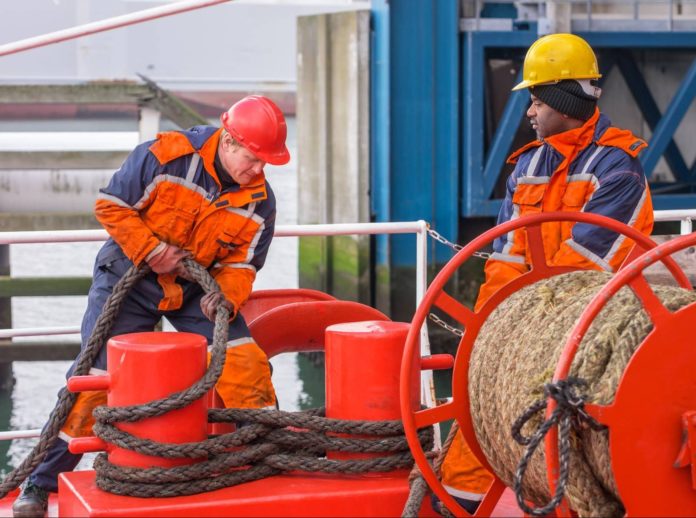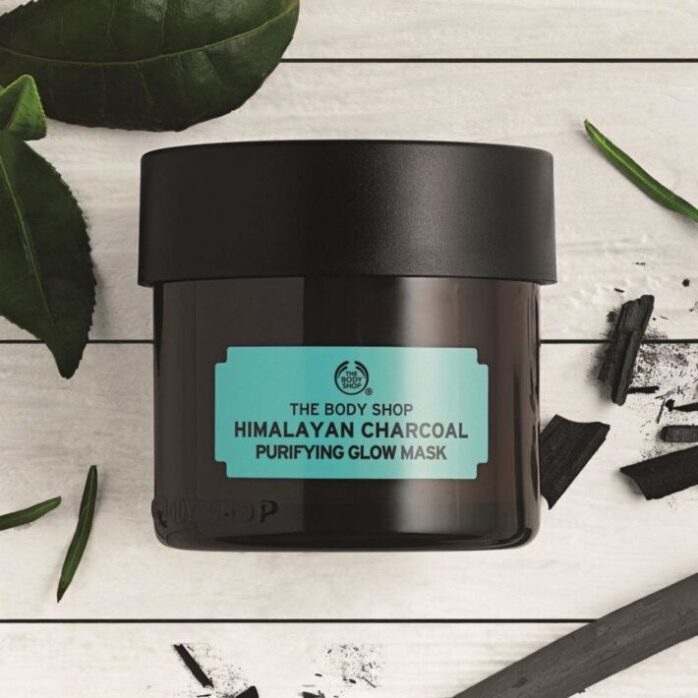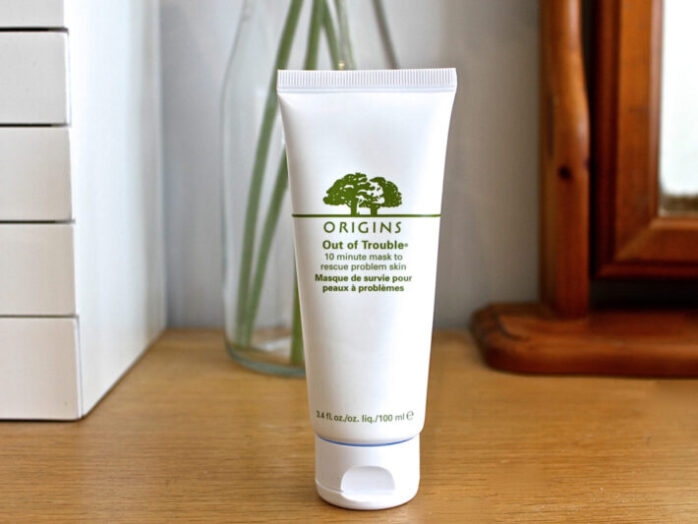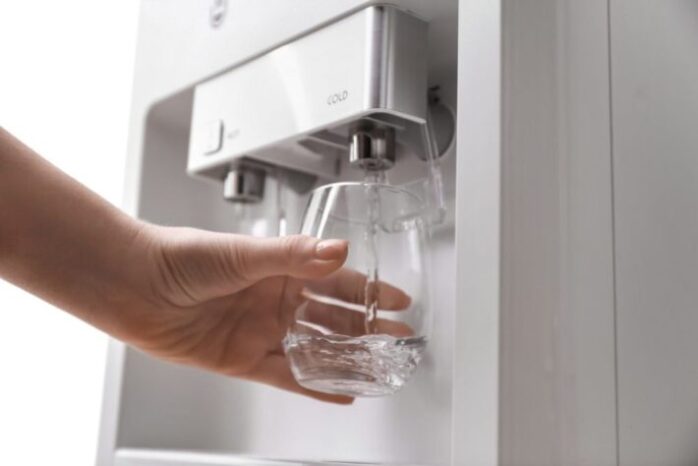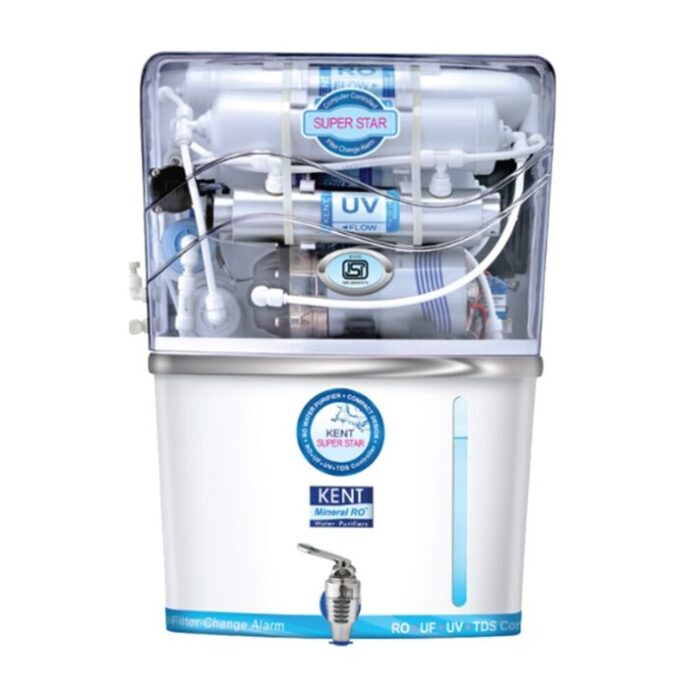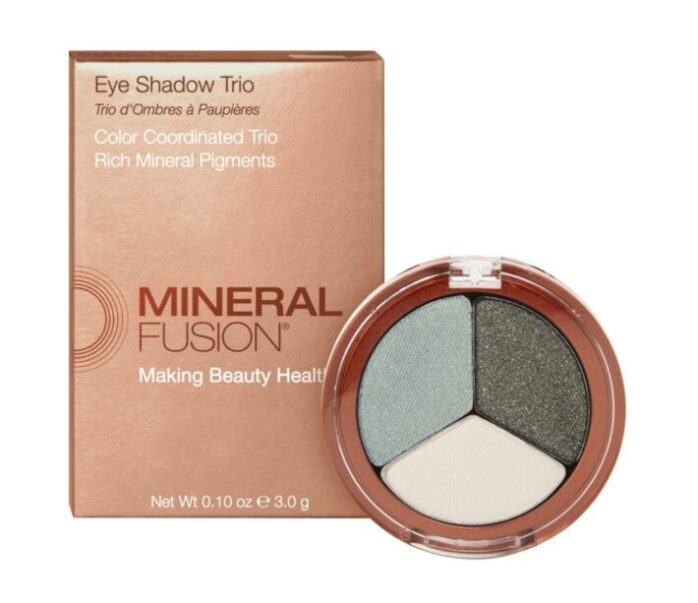If you’re involved in an offshore injury, the Jones Act and General Maritime law provide protections for you. Seaman and oil rig workers should be familiar with “maintenance and cure.”
Maintenance and cure are two benefits offered to injured seamen no matter who is at fault for the injuries sustained.
All offshore workers are entitled to maintenance and cure benefits.
Understanding Maintenance and Cure
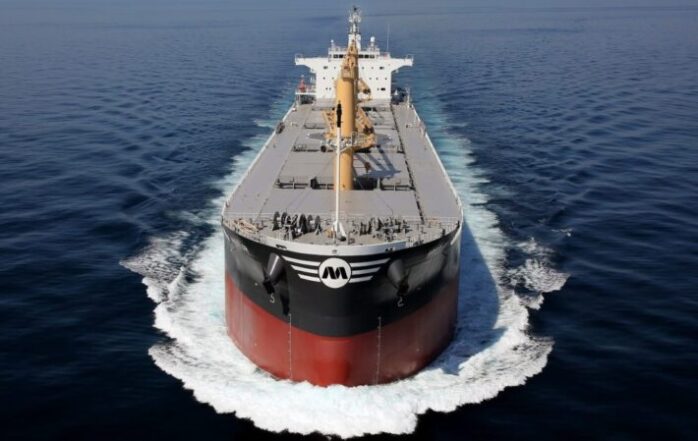
The Jones Act and Maritime Law allow a seaman to seek benefits until they meet maximum medical improvement (MMI). MMI means that the person has recovered to a point where they will recover no longer. The injured party is essentially recovered to the point that a doctor discharges the patient from their care.
MMI may be a full recovery, or it may be a partial recovery. The only thing for certain with MMI is that the doctor doesn’t think that the patient will improve any further.
MMI is achieved by maintenance and cure.
Maintenance

Maintenance is provided by the employer and is the seaman’s room and board during recovery. Since the seaman is going to be working offshore, the employer would have provided room and board had an injury not occurred.
The law ensures that the employee is able to maintain room and board through their employer.
Maintenance will also include:
- Household expenses
- Mortgage or rent payments
- Utility bills
- Taxes
Maintenance will not include bills that are not a necessity, such as a cable television or Internet access. The keyword to know under maintenance is “household.” Since maintenance deals with the household only, it will not cover additional bills that accrue, such as a person’s car payments.
Cure

The cure is the second benefit that is given to seamen. The cure will include all of the medical expenses that the seaman needs that are deemed:
- Reasonable
- Necessary
Transportation to receive the treatment is also covered under cure. The cure is essentially workers’ compensation for seamen. The seaman will not have to pay anything out of pocket towards his or her medical bills that are work-related.
Maintenance will be paid weekly or bi-weekly, and the employer will pay all of the worker’s medical bills directly.
Of course, employers found loopholes in the law and would pay very low rates for maintenance. Employers would be only paying a few hundred per month towards maintenance and not consider the actual bills of the employee. The employees that did not have all of their maintenance covered took employers to court.
The courts decided in favor of the employees to ensure that employers could no longer use these loopholes. Employers did not want to pay for a high cost of living, but the courts ruled that maintenance must cover the employee’s household costs despite the area that the employee lives in. If the employee’s household expenses are $3,000 a month or $300 a month, the employer must pay the expenses accordingly.
Unions May Impact Cure and Maintenance

Seamen that are represented by a union may not have all of their expenses covered. If a seaman is part of a union, the contract that the union has with the employer may put a limit on the maintenance benefits that the person may receive.
For example, if maintenance is capped at $700 a month, but the employee’s household expenses are $2,000 a month, the cap will be the enforced limit.
According to flemingattorneys.com, there are always exceptions to the rule, and lawyers may be able to find holes in the union contract that would eliminate the $700 cap. Some contracts may only be applied in a certain region of the country, and federal law may rule that the maintenance cap be lifted.
Seamen that have a maintenance cap that doesn’t cover all expenses may want to seek the guidance of a lawyer that specializes in offshore injuries.
Recourse Beyond Maintenance and Cure

Seamen that are already getting treatment and enjoy these benefits can and should still talk to an offshore attorney. Employees that are injured offshore may be able to seek:
- Punitive damages
- Recourse for the injuries
Maintenance and cure will provide benefits, but there is still a chance that the injured party may not recover fully from their injuries. A lawyer that is well-versed in offshore injuries will be able to alert the injured party of any recourse they may pursue to be made “whole” again.
The circumstances around the injury and how it occurred will determine what type of damages can be sought as well as if the seaman is entitled to punitive damages.

